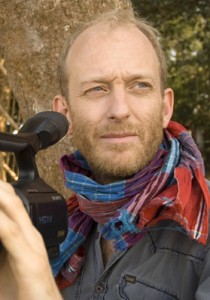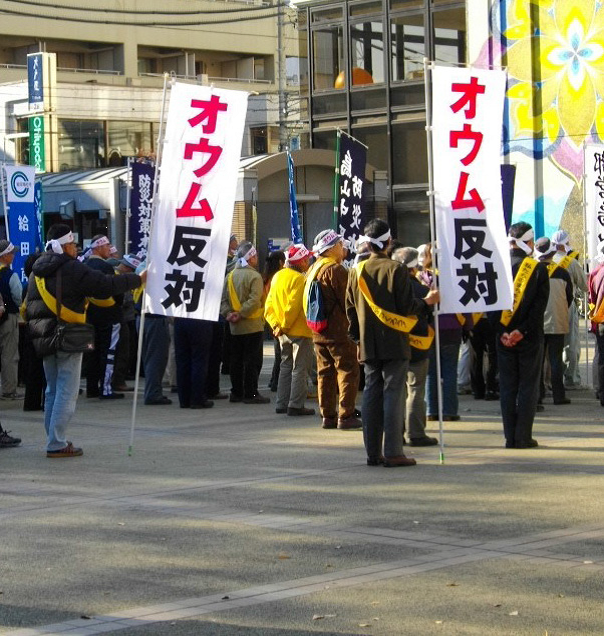When China Rules the World- A talk by Martin Jacques
Manchester University Samuel Alexander Lecture Theatre, School of Arts Languages and Cultures, 23rd February 2015, 12-1pm
First published in 2009 to widespread critical acclaim – and controversy – When China Rules the World: The End of the Western World and the Rise of a New Global Order has sold a quarter of a million copies, been translated into eleven languages, nominated for two major literary awards, and is the subject of an immensely popular TED talk. He has been invited thanks to BICC funding and will host a talk at Manchester University on the 23rd March, where he will meet current students studying Chinese Studies and History at undergraduate and postgraduate level and members of the public.
Since the first publication of When China Rules the World, the landscape of world power has shifted dramatically. In the three years since the first edition was published, When China Rules the World has proved itself to be a remarkably prescient book, and transformed the nature of the debate on China.
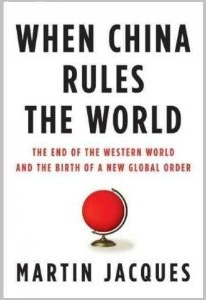
Now, in this greatly expanded and fully updated new edition, with nearly three-hundred pages of new material, backed up by the latest statistical data, Martin Jacques renews his assault on conventional thinking about China’s ascendancy
Martin Jacques is the author of the global best-seller When China Rules the World: the End of the Western World and the Birth of a New Global Order. It was first published in 2009 and has since been translated into fourteen languages and sold over 350,000 copies. The book has been shortlisted for two major literary awards. A second edition of the book, greatly expanded and fully updated, was published in 2012. His TED talk on how to understand China has had over 1.8 million views. He is a Senior Fellow at the Department of Politics and International Studies, Cambridge University, and a Visiting Professor at Tsinghua University, Beijing. He is also a non-resident Fellow at the Transatlantic Academy, Washington DC.
He has previously been a Visiting Professor at Renmin University, the International Centre for Chinese Studies, Aichi University, Nagoya, and Ritsumeikan University, Kyoto. He was a Senior Visiting Research Fellow at the Asia Research Institute, National University of Singapore. He was until recently a Senior Visiting Research Fellow at IDEAS, a centre for diplomacy and grand strategy, and a fellow at the Asia Research Centre, both at the London School of Economics. He was formerly the editor of the renowned London-based monthly Marxism Today until its closure in 1991 and was co-founder of the think-tank Demos. He has been a columnist for many newspapers, made many television programmes and is a former deputy editor of The Independent newspaper. He took his doctorate while at King’s College, Cambridge.
He has been invited to give lectures at many of the world’s top universities including Harvard, Cornell, UCLA, USC, Cambridge, Oxford, Peking, Tsinghua, Renmin, NUS, Tokyo, University of Hong Kong, amongst many others. He has given talks to many corporate clients including Bank of America, BlackRock, Pictet, Shell, Allianz, BNP Paribas, Financial Times, British Telecom, BBC, HR50, Amerada Hess, Investec, DSM and Khazanah.
He is chair of the Harinder Veriah Trust, which supports girls from deprived backgrounds with their education at Assunta Primary School and Assunta Secondary School, Petaling Jaya, Malaysia, where his wife, the late Harinder Veriah, was educated. It has also sponsored young Malaysian lawyers from under-privileged backgrounds to work for two-year stints at Hogan Lovells in London.
Tickets for the public can be obtained at https://eventbrite.com/event/15740814199/
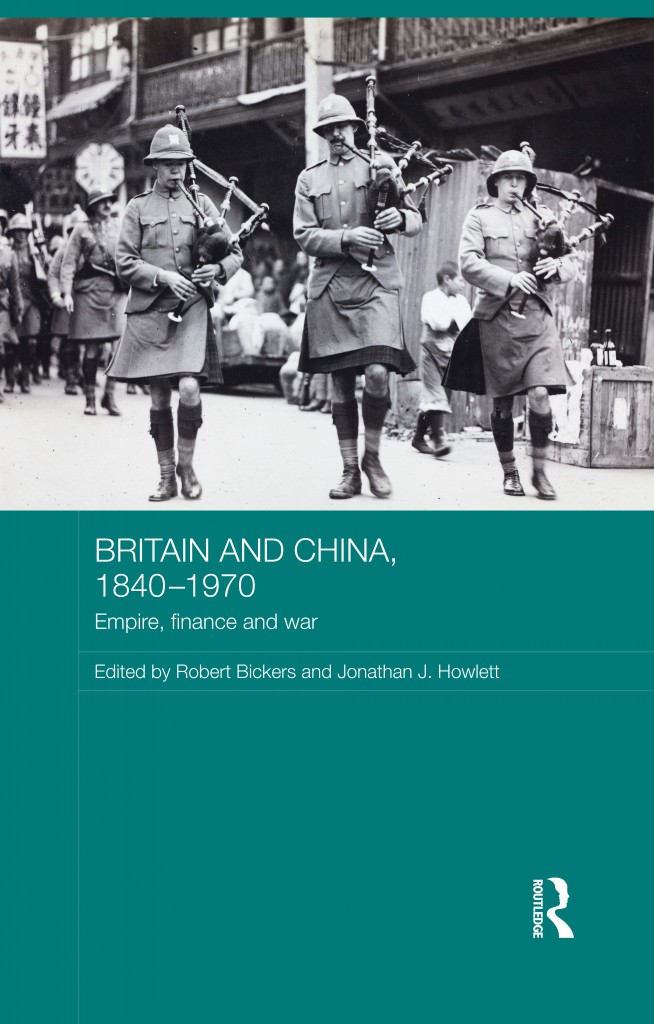 Just published by Routledge, and very much a BICC volume, Britain and China, 1840-1970: Empire, Finance and War, is co-edited by Robert Bickers and Jonathan J. Howlett. The volume presents some of the research first aired at BICC’s August 2011 conference ‘Britain and China, pasts, presents and futures’. Held at the University of Bristol this event brought together over 30 speakers from across the globe.
Just published by Routledge, and very much a BICC volume, Britain and China, 1840-1970: Empire, Finance and War, is co-edited by Robert Bickers and Jonathan J. Howlett. The volume presents some of the research first aired at BICC’s August 2011 conference ‘Britain and China, pasts, presents and futures’. Held at the University of Bristol this event brought together over 30 speakers from across the globe.
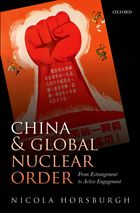 The global management of nuclear weapons and the ascendancy of China in international affairs pose two of the greatest challenges for international security today. Yet we know relatively little about the nuclear dimension of China’s rise, and the extent to which China has shaped global nuclear politics.
The global management of nuclear weapons and the ascendancy of China in international affairs pose two of the greatest challenges for international security today. Yet we know relatively little about the nuclear dimension of China’s rise, and the extent to which China has shaped global nuclear politics.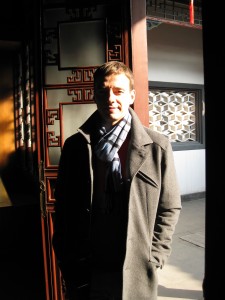 My Ph.D. was completed at the University of Bristol with support from the British Inter-University China Centre’s language based area studies scheme. As such, I was very fortunate to receive a year of language training at Peking University, and further training in reading classical Chinese Buddhist texts with my supervisor, Dr. John Kieschnick, in Bristol. My thesis, entitled ‘Voices of Experience: Modernity and Buddhist Meditation in Republican-era China,’ examines Chinese Buddhism’s response to the intellectual and political reconstructions which took place at the beginning of twentieth century. It looks at the writings of a number of important Buddhist figures from the period, examines the discourse taking place in the then newly emerging Buddhist journals, and compares these findings with current scholarly consensus regarding Buddhism’s adaptation to the modern period. I am currently working on converting this thesis into a monograph, and am preparing a journal article on the prominent reformist monk Shi Yuanying’s presentation of The Awakening of Faith in Mahāyāna. My intention, moreover, is to continue the research developed during my Ph.D., and I am therefore working on a project to investigate the reception of classical Buddhist mediation manuals in Republican era Buddhist journals, and the manner in which Buddhist meditation was secularised and made part of the self-strengthening discourse at this time.
My Ph.D. was completed at the University of Bristol with support from the British Inter-University China Centre’s language based area studies scheme. As such, I was very fortunate to receive a year of language training at Peking University, and further training in reading classical Chinese Buddhist texts with my supervisor, Dr. John Kieschnick, in Bristol. My thesis, entitled ‘Voices of Experience: Modernity and Buddhist Meditation in Republican-era China,’ examines Chinese Buddhism’s response to the intellectual and political reconstructions which took place at the beginning of twentieth century. It looks at the writings of a number of important Buddhist figures from the period, examines the discourse taking place in the then newly emerging Buddhist journals, and compares these findings with current scholarly consensus regarding Buddhism’s adaptation to the modern period. I am currently working on converting this thesis into a monograph, and am preparing a journal article on the prominent reformist monk Shi Yuanying’s presentation of The Awakening of Faith in Mahāyāna. My intention, moreover, is to continue the research developed during my Ph.D., and I am therefore working on a project to investigate the reception of classical Buddhist mediation manuals in Republican era Buddhist journals, and the manner in which Buddhist meditation was secularised and made part of the self-strengthening discourse at this time.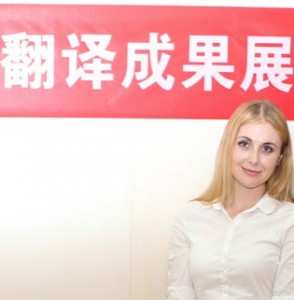 I have always had a deep interest in Chinese culture, since as far back as I can remember. This grew to become a strong interest in the country’s language, society, and politics. What the BICC PhD scholarship has given me is an opportunity to develop an academic-based career and a life for myself in China.
I have always had a deep interest in Chinese culture, since as far back as I can remember. This grew to become a strong interest in the country’s language, society, and politics. What the BICC PhD scholarship has given me is an opportunity to develop an academic-based career and a life for myself in China.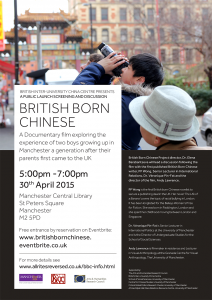
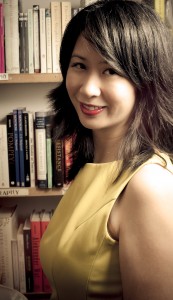 PP Wong is the first British born Chinese novelist to secure a publishing deal in the UK. Her novel
PP Wong is the first British born Chinese novelist to secure a publishing deal in the UK. Her novel 
